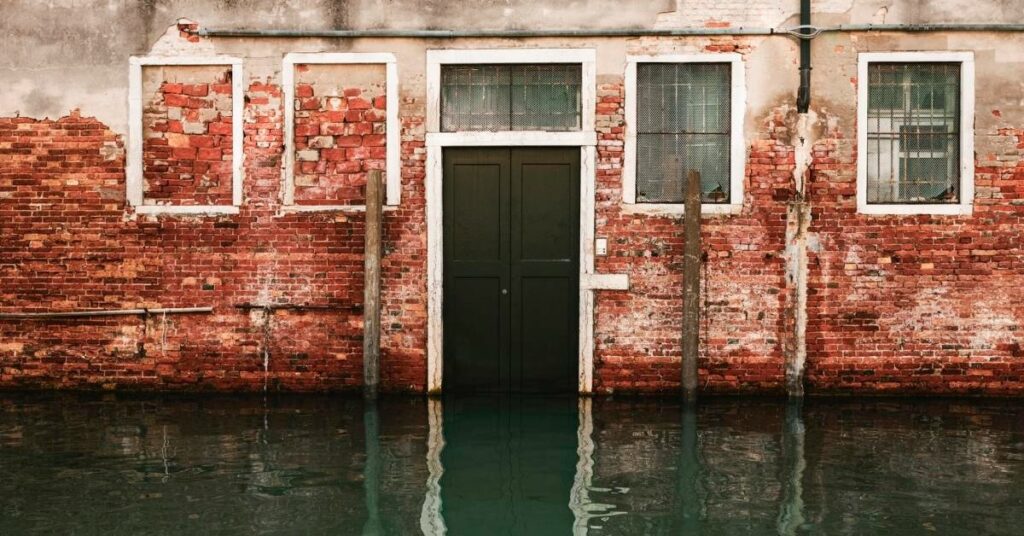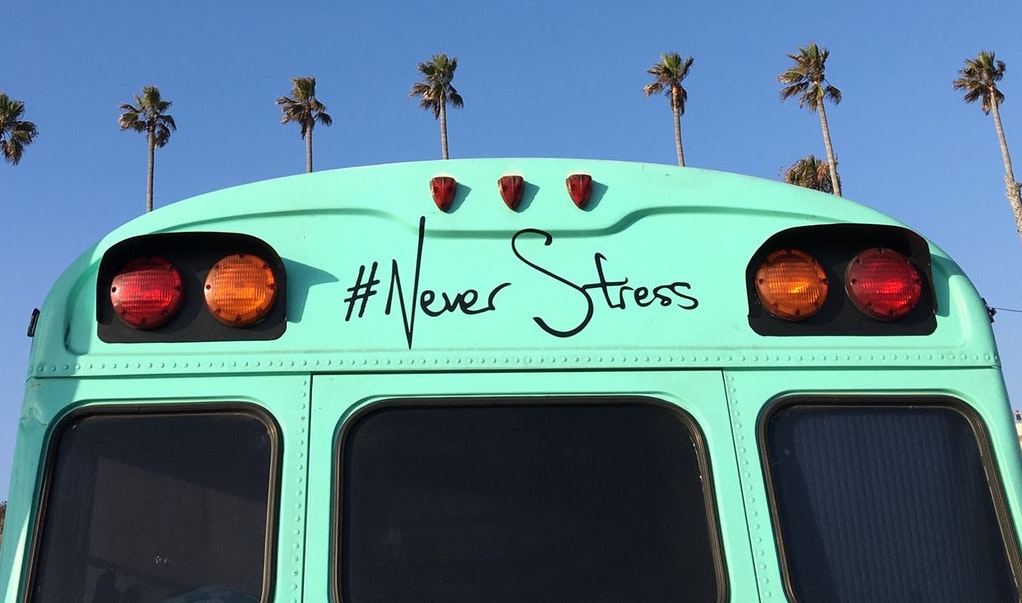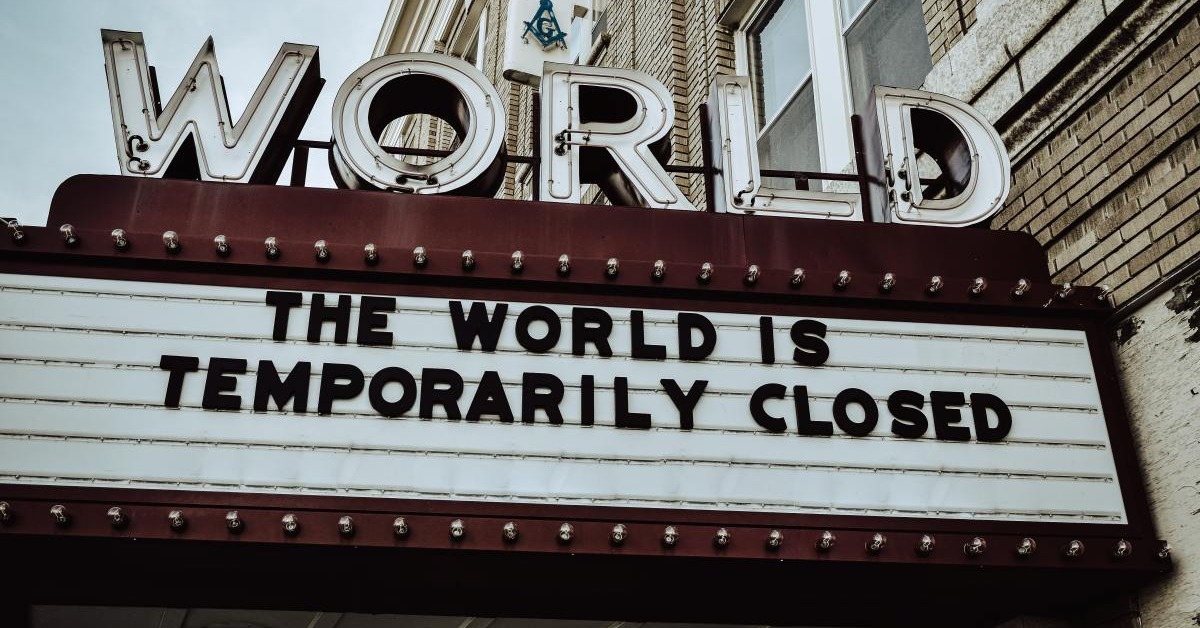
How to Become a Licensed Mental Health Social Worker
We explain the steps necessary to become a licensed mental [...]

Trauma and disasters exact a heavy toll on the mental health of those they affect. With the growing impact of climate change, experts expect such tragic events as hurricanes, tornadoes, and wildfires to grow more frequent in coming years. Collective trauma can result in the aftermath of such calamities, forcing victims of disasters and local communities to grapple with shared emotions as they rebuild. That’s when trauma and disaster mental health social workers become vital.
Social workers play an important role in helping victims of trauma and disasters. They deploy mental health services to aid recovery, help those struggling to cope with the loss of property or loved ones, assist those dealing with post-traumatic stress disorder (PTSD), and provide intervention and counseling services. Licensed clinical social workers (LCSWs), among other social work professionals, possess the necessary tools to deliver those services. Some social workers even specialize in assisting disaster survivors.
Disaster relief falls into three categories. Social workers involved in this interdisciplinary role have a hand in each:
Social workers with experience in disaster response and recovery have the necessary skills to help those dealing with the aftermath of calamities. Those with expertise in disaster preparedness can help mitigate risk through proactive measures. No matter the phase of recovery in which you’re involved, it’s essential to equip yourself with the knowledge and experience needed to work in this sub-discipline of social work practice.
Is a career working in trauma and disaster mental health for you? If so, you should consider earning a Master of Social Work (MSW). You’ll also want to know about:
Social work practice explores the physical, biological, and social factors (i.e., the biopsychosocial sphere) that influence the welfare of individuals, groups, and populations. Methodology includes casework, group work, and community work representing the micro, mezzo, and macro intervention levels.
Casework involves direct one-on-one support for victims or survivors of natural disasters. These clients must cope with the aftermath of their ordeals and may need counseling services to work through their trauma. Group work involves two or more community members who have experienced similar trauma and share their coping challenges. Community work helps social groups, neighborhoods and cities rebuild resilience following natural disasters and aims to mitigate disaster risk through better preparation.
Trauma and disaster mental health professionals primarily function at micro and mezzo social work intervention levels, delivering critical services to individuals, families, and communities. However, some mental health professionals also perform at the macro level, impacting populations by engaging in public policy, social justice, and advocacy on their behalf.
The COVID-19 pandemic demonstrated how essential social workers are in a public health crisis at all levels. The pandemic precipitated loss, social isolation, uncertainty, financial strains, homelessness, increased anxiety, depression, and substance abuse. Social workers responded by deploying mental health services and helping connect people to community resources. Whether providing transportation to free pop-up testing sites and vaccination drives to ensure access to underserved and vulnerable populations or sharing information about food and housing assistance, social workers provided aid ranging from one-on-one support to population-level service.
Trauma and disaster mental health social workers also play a vital role in natural disasters. For instance, the recent earthquakes in Turkey and Syria this year claimed the lives of tens of thousands and injured tens of thousands more. In addition, millions of people were displaced from their homes, resulting in the need for emergency response teams and outreach for global community support. International aid organizations like UNICEF immediately began identifying and redressing the risk factors for children even as aftershocks menaced the region.
When disasters like these strike, emergency response teams include first responders, search and rescue crews, and social workers. Each member of these teams plays a specific part. The role of social workers specializing in trauma and disaster mental health counseling includes some of the following services:
| University and Program Name | Learn More |
|
Virginia Commonwealth University:
Online Master of Social Work
|
Social workers specializing in trauma and disaster management provide many services in the aftermath of natural disasters, responding to needs within the disaster response and recovery phases. However, the disaster preparedness phase to help mitigate risk is just as critical. Disaster management education for social work delivers the necessary skills through three critical components: curriculum, experiential learning, and simulations (i.e., role play).
From one-on-one mental health counseling to interacting with government bodies, the range of micro to macro social work intervention levels requires versatility because individuals, groups, and communities respond to disasters differently. A Master of Social Work (MSW) program prepares clinical social workers with expertise across:
Although many social work generalist functions can aid disaster management, a concentration in this sub-discipline of trauma and disaster relief provides more fine-tuned preparation. Tulane University offers the Disaster and Collective Trauma (DaCT) focus area with its MSW. This certification prepares students to specialize in crisis intervention, clinical treatment approaches, and common and little-known mental disorders.
Other MSW programs offer certifications that pair with their degree, such as the Evidence-Based Trauma Treatment Certification from Michigan State University and the Certificate Program in Trauma Response and Crisis Intervention at Rutgers University-New Brunswick. In addition, social workers seeking advanced knowledge in trauma and disaster can select external continuing education opportunities to accompany their MSW, like the free online courses provided by the Federal Emergency Management Agency (FEMA).
MSW programs also train social workers through field placements that deliver hands-on, supervised experience in real-time, preparing social workers for the real world. Some disaster management education opportunities within the American Red Cross, the National Voluntary Organizations Active in Disaster (NVOAD), public health agencies, local or national emergency management offices, or other service organizations can help students apply instruction in their fieldwork.
After completing an MSW program, clinical social workers must pass the Association of Social Work Board (ASWB) exam to gain their license to practice and earn the LCSW credential. Additional requirements may vary by state.
Social work practice is an emotionally draining and demanding profession. Specializing as a trauma and disaster mental health professional working with individuals who have lost their homes, belongings, and even family members during natural disasters and other catastrophic events exerts even greater stresses than do many other practice areas.
The National Association of Social Workers (NASW) outlines the core social work values in the NASW Code of Ethics. The first value is to “draw on knowledge, values, and skills to help people in need and address social problems.” Aspiring trauma and disaster relief social workers can achieve this goal through an MSW program, extensive hands-on training and experience, and a commitment to lifelong professional development to apply to their ever-changing work.
Essential skills to succeed in this role include crisis coordination, critical thinking, cultural competence, and at the core, empathy. This combination of hard skills learned through education and experience plus soft skills must be part of your social work DNA to make this an impactful and rewarding career.
Social work is a versatile field with many roles—even within this sub-discipline. For example, trauma and disaster mental health social workers could practice as LCSWs, lead crisis intervention teams, work in government agencies like FEMA, or serve on the frontlines of international aid organizations like UNICEF.
As natural disasters and other catastrophic events show no signs of abating, the demand for experienced trauma and disaster mental health social workers to deploy pre- and post-disaster services remains critical. An MSW with a certificate or specialization in this sub-discipline can put you on the path to making a difference for individuals, families, communities, and populations during these life-changing events.
Questions or feedback? Email editor@noodle.com

We explain the steps necessary to become a licensed mental [...]

Social work is among the most stressful professions, experts agree. [...]

Many Doctor of Social Work (DSW) programs offer full-time, part-time, [...]

Frontline care workers confronted extreme conditions and heavy caseloads during [...]
Categorized as: Social Work, Social Work & Counseling & Psychology